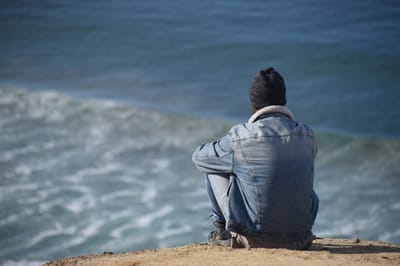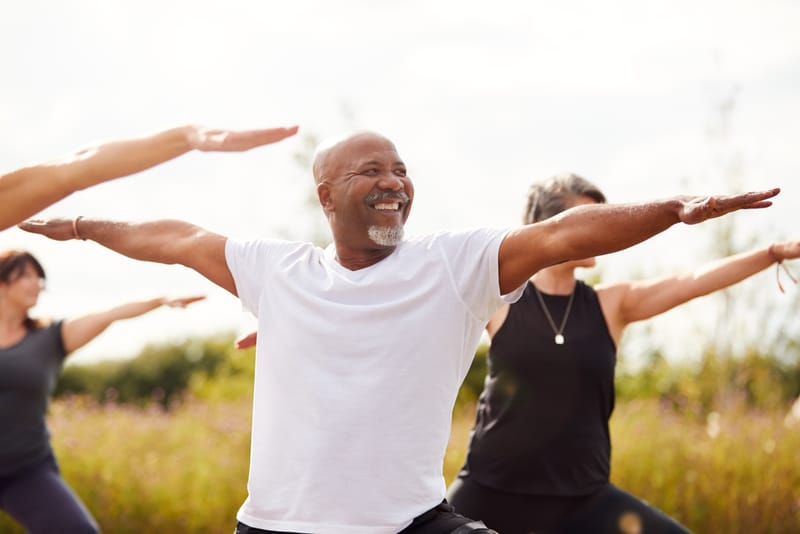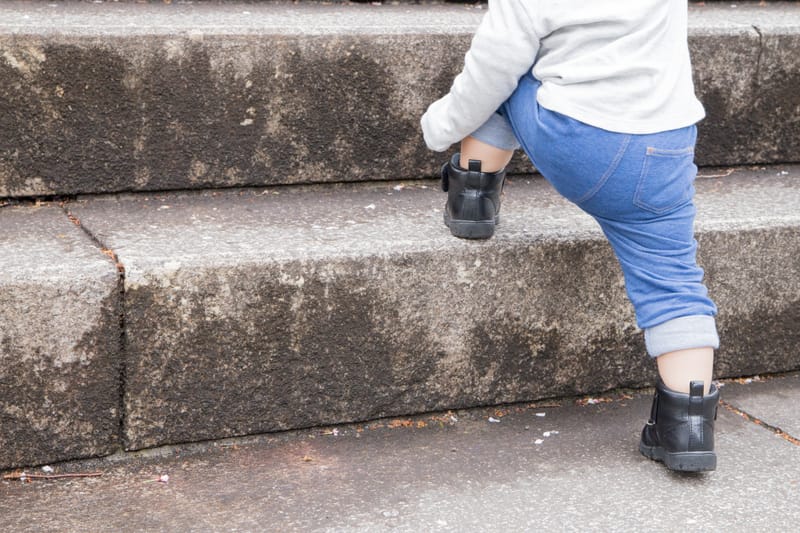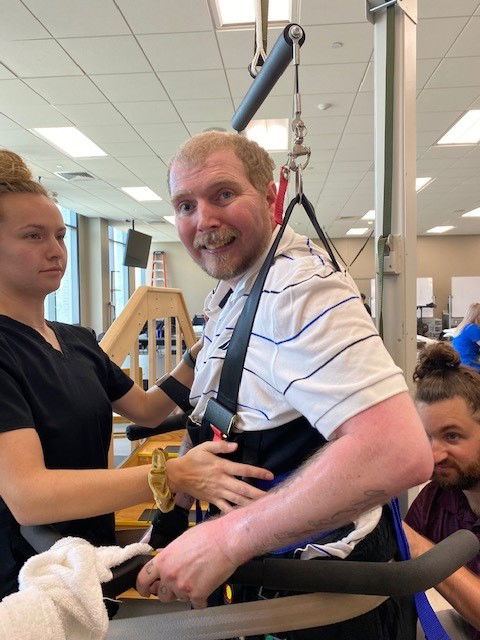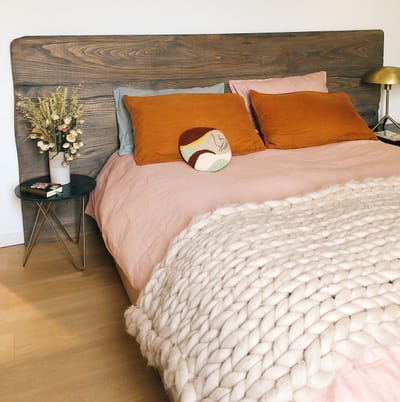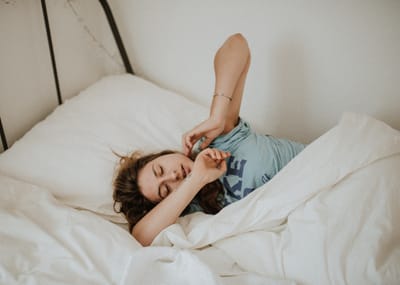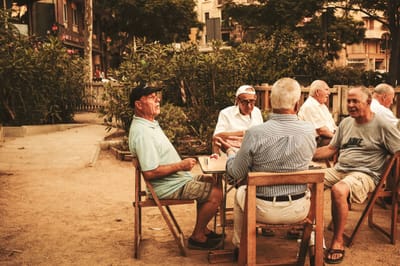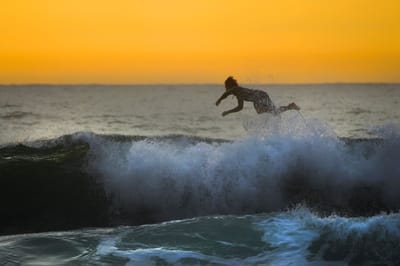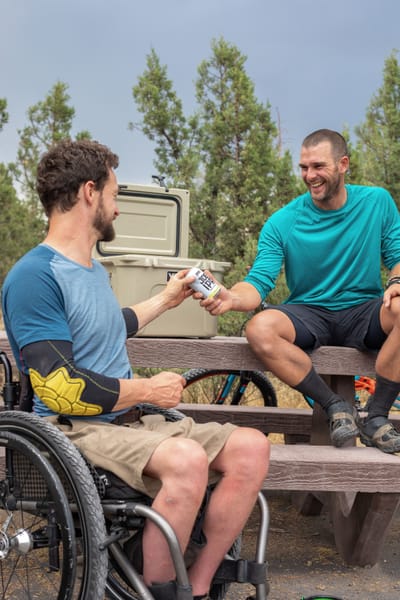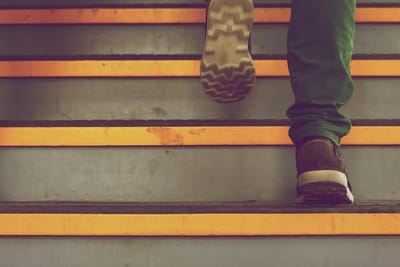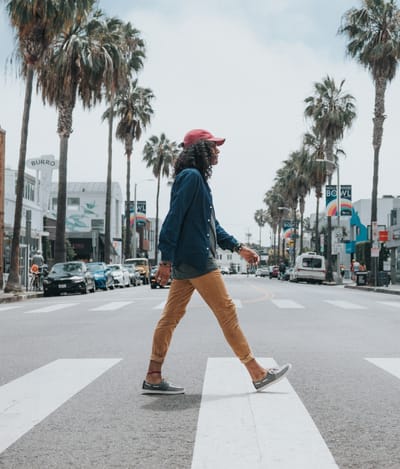Solutions for Improved Rehabilitation Strategies
Continuing Education Workshops,
Free Learning Modules,
Video Library, Mentoring, and More!
About
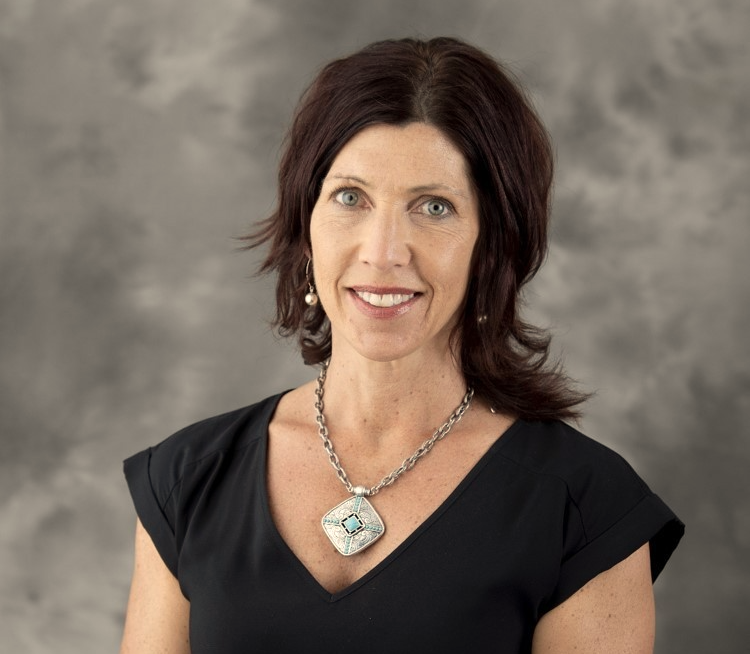
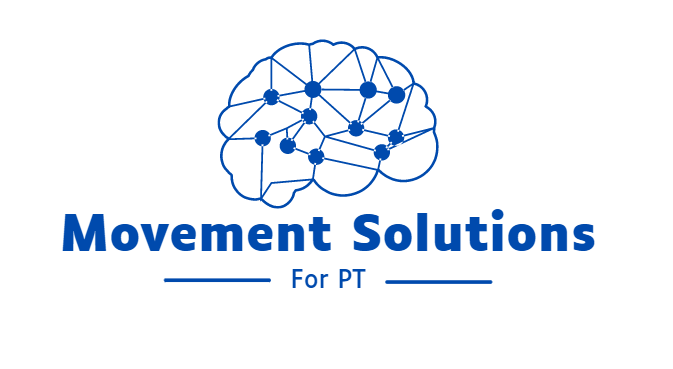
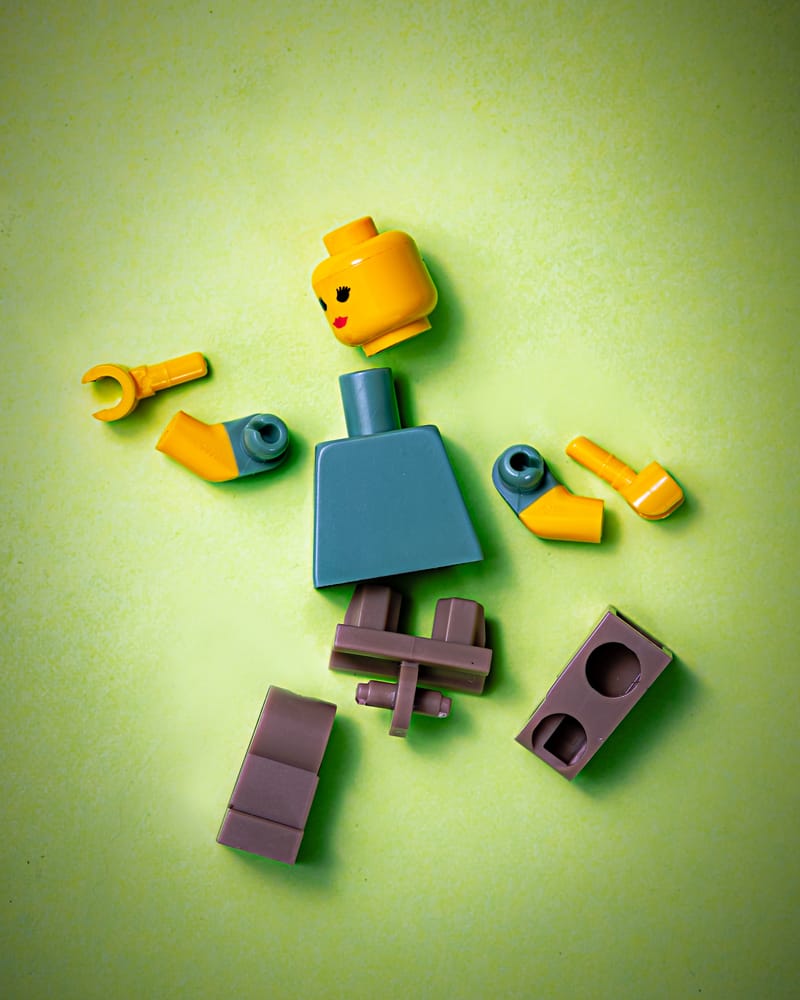
an educational effort to offer clinicians the opportunity to develop additional
skills in the assessment and management of patients in a rehabilitation setting.
MIchelle Green PT, DPT is a physical therapist with over 25 years of experience in the rehabilitation setting where she has worked with patients who have a variety of neurologic, medical, surgical and traumatic injuries. Michelle enjoys working with clinicians to make rehab simple and effective, even in times of limited time or patient visits or when it feels like there is not enough equipment or people to help. She works with the clinicians to develop a framework of assessment and intervention development that directly impacts the patient's ability to progress toward being more successful at any mobility goal they may have: from dressing and performing ADL's, to walking and stairs, to hiking and yoga. This occurs with the support of the research, follows concepts of neuroplasticity and aligns with motor learning and motor control principles.
Michelle received her Master's in Physical Therapy from Ithaca College in 1995, her Transitional Doctorate in Physical Therapy from University of North Carolina at Chapel Hill in 2014 and became a Board Certified Clinical Neurologic Specialist in 2015. She has been an active member of the American Physical Therapy Association of North Carolina (APTA NC) and the Academy of Neurologic Physical Therapy (ANPT) where she has been involved in educational opportunity development for the Annual NC State Conference and the Education Center for the ANPT (https://anpteducationcenter.org/courses). Since 2001, Michelle has been continuously involved in instructing workshops for physical and occupational therapy professionals across the country. She has taught one and two day courses on topics such as: Stroke Rehab, Geriatric Strength Training, Application of Yoga to Rehab Professionals, Application of Pilates to Rehab Professionals, Management of Patients Who Push, Assessment and Interventions for the Challenging Rehab Patient, and Application of Motor Control and Motor Learning to the Rehab Patient.
Currently, she is an Associate Professor and the Assistant Program Director for the Doctor of Physical Therapy program at Campbell University in Buies Creek, NC. Prior to joining the Campbell University faculty in 2014, Michelle spent almost twenty years at Cape Fear Valley Medical Center working within the acute care, inpatient rehab and outpatient rehab settings. Prior to moving to North Carolina, she worked within an inpatient and skilled nursing unit at Monroe Community Hospital in Rochester, NY.
Outside of physical therapy, Michelle has spent the last 30 years teaching group fitness classes. Through the years, she has accumulated extensive experience learning about and teaching a variety of exercise formats including general group fitness, circuit training, HIIT, kettlebells, yoga, pilates, spinning, Silver Sneakers, step, and TRX. This vast exposure to exercise methods provides a unique foundation of knowledge that can be applied to intervention development for rehabilitation patients. Her expertise in this area shows in her innovative positions, interventions, progressions and cues used for patient success.
All rehab professionals (OT, COTA, PT, PTA) are encouraged to attend.
workshops
This course currently does not have any scheduled dates. However, it can be presented at your facility. Reach out and inquire for more information.
COMING EARLY FALL 2025
Interventions that are effective, relevant, and realistic start from an assessment which specifically identifies key limiting deficits in each individual person following a stroke. There is no ONE way to get the result you want, but there is A way. Come join a group of therapists, just like you, in a course that will provide a framework for the clinical-reasoning and the hands-on skills (patients will be joining us!) needed to change the interventions for your patients on Monday. This course is packed with treatment options for improving basic skills like transfers, ADL's, mobility and walking. Find out how to apply task specific training and high-intensity stepping to any level patient. Open full brochure below with objectives and agenda. Hope to see you in October!
Contact ME!
- Fayetteville, North Carolina, United States
If you have any questions, feel free to reach out! Michelle
FREE CONTENT! Task Analysis
The task of supine to sit is different from log rolling. Find out in this section how to assess and assist this task.
Read MoreAssessing Sit - Stand is more complex then it looks. Take a peek in here to find out more!
Read MoreSo, what does it look like when it is performed poorly, needs assistance or the technique is not ideal. Look in this folder for examples of functional tasks gone wrong.
Read MorePerforming a transfer that is NOT a stand pivot or a sliding board is our squat-pivot transfer. This is the preferred transfer for those who can not stand alone and do not have surgical/weightbearing restrictions.
Read MoreTransitioning to Single Limb Stance (is a foundational element of many tasks and skills. Look here to see how to facilitate this and why it is important.
Read MoreAssisting patients on steps can be tricky. Watch here for some tips!
Read More